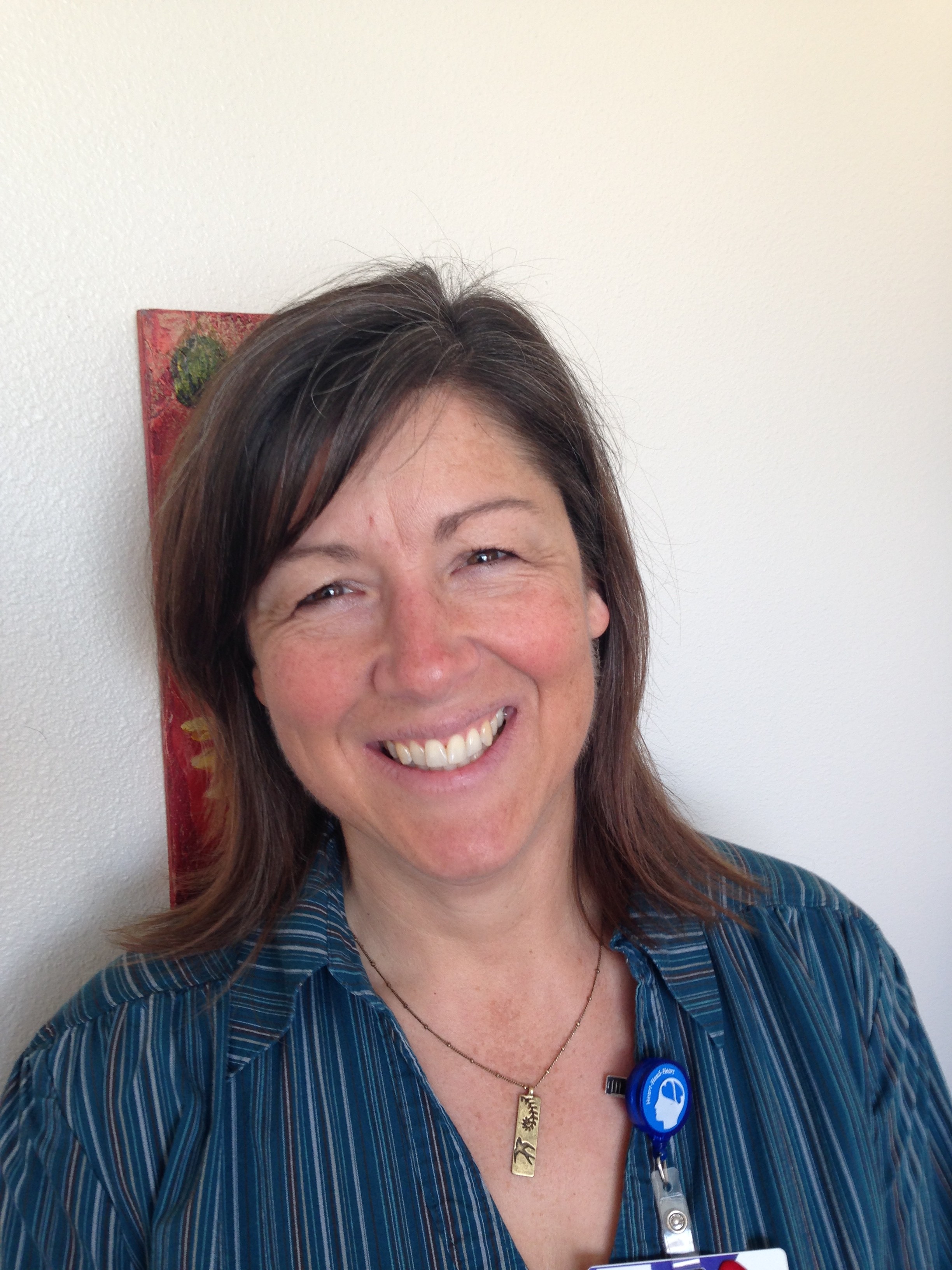
18 Feb Telluride AIDS Benefit: Where Your $$$ Go
Note: If you failed to score tickets for the fashion show, there is yet another opportunity to watch the action and be inspired to give. The Town of Mountain Village plans to air the Gala live – on Mountain Village Cable Channel 15 and online at townofmountainvillage.com/video – Saturday, February 28, 8 p.m
When Kandee DeGraw & Co. founded the Telluride AIDS Benefit in 1993 to help their BFF Robert Presley pay costly medical bills which mounted daily in his battle against AIDS, at Presley’s request, the money raised went directly to the Western Colorado AIDS Project or WestCAP.
WestCAP is a community-based referral and educational provider which assists HIV-infected individuals and families across the 20+ counties of Western Colorado. (More below.) The first year the nascent organization netted about $10,000, but TAB continued to grow its numbers steadily every year since that grassrootsy beginning. Fast forward 21 years, by 2014, TAB had netted and disbursed a grand total of just over $2.1 million – $1 million to WestCAP alone – to caregivers and educators from the Western Slope and Front Range in Colorado all the way to Africa.
Read on for more on TAB’s beneficiaries, including the newest addition to that circle of caring, the University of Colorado Hospital Fund, featured on the catwalk in the auction following what promises to be a spectacular 2015 fashion show.
University of Colorado Hospital Fund:
The University of Colorado Hospital Fund is the nonprofit that holds monies on behalf of the Specialty Care Clinic of Grand Junction, which serves patients living with HIV/AIDS in 22 counties in western Colorado.
The need for the clinic was identified in 1998, but the care center launched in January 2000 with a grant received from Ryan White Part C.
The clinic embodies the mission statements of St. Mary’s Hospital and the University of Colorado Health Sciences Centers to provide access and high-quality care to its patient base, which includes the poor and vulnerable, through collaboration with HIV experts from the leading state academic hospital in Denver.
“Since 2000, our client base has tripled,” said Kristy Watkins, RN MPH, program coordinator, St. Mary’s Collaborative Care Clinic.
“TAB approached us two years ago as a community partner working with WestCAP to serve patients in rural wester Colorado,” continued Watkins. “We now use TAB funds to help clients pay for medical bills not covered by Ryan White monies. TAB dollars also assist clients with transportation to get to medical appointments and in getting rapid HIV test kits, which are not covered by grants. Because they can get to appointments and pay their medical bills, our patient retention rate is higher, resulting is optimal health outcomes. TAB funds also allow the clinic to test and diagnose early. Early treatment often prevents the virus from becoming full-blown AIDS and spreading. TAB funds make it possible to hold quarterly clinics in the Durango area and assist clients living there as well. In general, people with HIV/AIDS who are in clinic care such as ours, live longer, healthier lives.”
About Kristy Watkins:
Kristy Watkins is registered nurse with a masters of public health degree and a background in and passion for public health. Prior to joining the clinic, Watkins spent six years at the Mesa County Health Department in immunizations and family planning. For the past two -and-a-half years, she has been with Western Colorado Specialty Care Clinic and for the past year +, has worked as program coordinator, a job that includes quality assurance for the program, data collection, grant-writing, and reporting.
The Western Colorado Specialty Care Clinic works closely with WestCAP.
TAB on the Front Range & Western Slope:
Western Colorado AIDS Project:
In 1994, when TAB was just a year old, WestCAP was still a very small nonprofit operating out of Grand Junction under the direction of a small board of directors and administered part-time by a nurse, Shelley Nielsen. Nielsen did great work with the Mesa County Health Department and as part-time executive director/case manager for WestCAP. Clients being served lived primarily in Mesa County, until Presley worked his magic.
Thanks to Presley and TAB, WestCAP was able to grow into a much larger, private non-profit providing resources, referral, case management, financial assistance, and support to people living with HIV/AIDS and their families in 22 counties on the Western Slope.
The biggest bonus of the money donated by the Telluride AIDS Benefit continues to be the fact that the monies it gives are discretionary.
AIDS prevention efforts remain the primary initiatives funded by TAB’s annual gift to WestCAP.
WestCAP also uses a considerable chunk of the money to assist with nutritional support; to contract with bi-lingual Spanish speakers to do outreach work in the Hispanic community; and to translate documents into Spanish for monolingual clients.
TAB money helps pay for supplement care for purchasing medications that are not on the ADAP (AIDS Drug Assistance Program) formulary; paying insurance premiums; and covering high co-pays for HIV medications.
WestCAP also uses TAB funds to provide client assistance with clothing, vitamins, utilities, transportation to medical care, participation in the client retreats, training for staff to enable them to deliver services appropriately, and to purchase computer equipment.
WestCAP recognizes the fact that many donors may not like the thought of their money paying salaries, but if there is no one to decide how the money is spent, write the checks, and tend to the budget, the organization would cease to exist. Federal funding sources tend to be restrictive and cover little or no administrative costs.
Children’s Hospital Immunodeficiency Program (CHIP):
CHIP began providing specialized care for HIV+ children in the Rocky Mountain region in 1991. CHIP remains the only entity in the region providing comprehensive, coordinated, family-centered services to infants, children, youth (13-24), pregnant women, and parents of HIV-infected children.
As a National Institutes of Health-funded Pediatric AIDS Clinical Trials Group (PACTG) site, CHIP has participated in national and local research trials for pediatric HIV infection since 1992 and now ranks among the top performers in the network. As a model program, CHIP frequently welcomes visiting professionals from agencies and other institutions around the world.
CHIP’s staff includes highly-trained, committed professionals with years of experience in delivering high-quality HIV care and prevention, more than half of whom have been providing HIV care for over 10 years. Medical providers include physicians certified in pediatric and internal medicine, infectious diseases, adolescent and pediatric general medicine, obstetrics/gynecology and nurse practitioners with expertise in family practice, pediatrics, and midwifery. CHIP has several licensed clinical social workers with particular expertise in serving at-risk youth, families, and pregnant women.
Annually CHIP families gather for CHIP Art Day, one of several get-togethers the nonprofit puts together to promote bonding in a safe, relaxed environment. At Art Day, participants work to create art for the Telluride AIDS Benefit’s annual auction. Expressing themselves enhances self esteem.
Brother Jeff’s Community Health Initiative:
In 2000, Brother Jeff began his fight to combat the effects of HIV/AIDS in his community.
“Everyone saw the destructive impact youth violence was having on African Americans. However, few noticed the impact of HIV disease. This silent killer was ravishing African Americans.”
According to the Centers for Disease Control, the HIV/AIDS epidemic in African American communities remains a public health crisis. While African Americans represent approximately 12 percent of the U.S. population, they continue to account for a higher proportion of cases at all stages of HIV/AIDS—from infection with HIV to death with AIDS.
Statistics from 2012 suggest that nearly half of the 1.1 million people living with HIV infection in this country are African American. African American women represent roughly 60% of all new cases of HIV in women. In the United States more than half a million have died of AIDS, to date, and well over 195,000 of the deceased are African American.
Brother Jeff’s Community Health Initiative (BJCHI) is a leading resource in dealing with African American HIV cases in Colorado, even throughout the U.S. The nonprofit has even made inroads on the African continent. None of this would have been possible without a partnership with the Telluride AIDS Benefit and the Telluride community.
TAB funding has allowed Brother Jeff to hire HIV-positive individuals as speakers, peer role models, and outreach workers. In a community where stigma, distrust, fear, and alienation are common, these courageous individuals bridge the gaps among isolation, care, and acceptance.
African American faith institutions play a vital role in the perception and dissemination of information. TAB funding has also helped develop HIV ministries and interfaith collaborations. Numerous churches and faith institutions call on Brother Jeff to speak with their congregations and assist them in developing programs. Throughout the process, myths such as the common notion that HIV can be spread through baptismal waters are dispelled.
BJCHI reaches thousands of people each year through HIV conferences, summits, workshops, presentations at high schools, universities, and at various health-related institutions.
HIV prevention is vital. However, funding for HIV prevention is limited. TAB funds allow BJCHI the flexibility to distribute prevention messages and materials in a way that reaches the community. The Initiative is also able to provide temporary housing, transportation, food, financial assistance, counseling, testing and referrals at its discretion. Through TAB funding BJCHI has the ability to use its knowledge of the African American community to meet needs immediately.
Brother Jeff has worked with Ron Gilmer, Presley’s former partner, as a committee member on the governor-appointed Colorado Advisory Council on AIDS, reinforcing the link between TAB and the African American community.
TAB in Africa:
As the definition of the world shrinks through telecommunications and tragedy, countries become communities like Telluride, with different constituencies but similar challenges. AIDS is one problem we all share. Yes, still.
The Telluride AIDS Benefit is a model nonprofit: the organization asks for very little in monetary support from the greater Telluride region, but puts Telluride on the world map in a good way: TAB’s welcomed embrace extends all the way to Africa.
TAB’s African outreach began in 1999, when the nonprofit teamed up with the African Mayors Initiative for Community Action on AIDS at the Local Level (AMICAALL) and the United Nations Development Program in a pilot project utilizing a “sister city” approach to combating overwhelming odds.
“Ubuntu” is a name based on an African philosophy all about the connection among all human beings. “I am because we are” is a phrase commonly associated with the belief. Ubuntu is based on mutual support and sharing what you can to help others. The following description is attributed to Nelson Mandela.
“Ubuntu [is] that profound African sense that we are only human through the humanity of other human beings.”
Ubuntu Africa’s mission flows organically from that idea. The organization is dedicated to improving the health and well-being of HIV-positive children in under-served communities by establishing community-based programs that provide lifesaving health and support services. Ubuntu Africa is also committed to fostering an empowered attitude towards HIV/AIDS among young people worldwide and engaging them to participate in improving conditions for people affected by global health challenges.
Founded by a remarkable young lady named Whitney Johnson, Ubuntu Africa provides services in Khayelitsha, the second largest township in South Africa, home to an estimated 1 million people. In addition to having high rates of HIV, the Khayelitsha community also faces high levels of poverty, unemployment, and crime. Many HIV-positive people in the community lack easy access to clinics, nutritious food, antiretroviral drugs (ARVs), and indoor plumbing, making their illness particularly difficult to manage.
Before Ubuntu Africa, there were few support services offered to children in Khayelitsha living with HIV. After being diagnosed with the virus, young people in Khayelitsha were often left to bear the burden of the disease completely alone.
Realizing her vision, Johnson established Ubuntu Africa with the help of a friend, Doni Belau, eight years ago when she was 22 and a recent college graduate.
How TAB funds were used after the 2013 distribution:
“TAB’s gift of $10,000 enabled UBA to hire two social auxiliary workers, Sphokazi and Thumeka, at our center in Khayelitsha. The positions proved to be absolutely crucial to our ability to provide efficient and personalized support to the children and families we serve.
One member of our new team is focused on case management: monitoring the health and well-being of the children and ensuring they live in safe and healthy home environments. The other is focused on group facilitation: providing education, counseling, and empowering activities to UBA’s children and their caregivers. We were proud to see our social auxiliary workers take swift action in cases of abuse and neglect and are confident in their ability to provide for the welfare of our children. Their passion and dedication shines through everyday. Having these additional team members to work directly with our beneficiaries has made a tangible difference to our program. That would not have been possible without your support, and for this we are extremely grateful,” wrote Johnson.
AIDS may be the worst health calamity since the Black Death of the Middle Ages, on a fast track to becoming the worst pandemic ever. And, according to online research, 10 of the 11 infections that take place every minute around the globe occur in Sub-Saharan Africa, where in some countries teachers, doctors and nurses are dying faster than they can be replaced and treatment ranges from poor to nonexistent.
The Manzini Youth Project was started as a community service initiative by the boys of the Salesian Secondary School in Manzini, in response to the growing numbers of street children in Swaziland. Children were taken off the street and housed in the disused mortuary rooms of St Teresa’s mission, with the primary intention of re-integrating them back into their families. With the Salesian community of Don Bosco in Manzini, Father Larry McDonnell assembled a local community committee to establish the shelter.
Now, the Manzini Youth Care Project provides accommodation, food, shelter, education, training, an and life skills to marginalized and homeless young people at risk through poverty. Father Larry McDonnell, a Salesian priest, was the leading inspiration behind this project. MYC now operates five residential homes for 90 street children including the McCorkindale Orphanage for 30 boys and girls.
Ethiopia is the fourth poorest nation in the world. However, unlike many African countries, Ethiopians, who divide among Muslim, Jewish and Orthodox Christian, peacefully co-exist. Given the rampant poverty and wholesale lack of education, HIV risk is high and medications are very limited. According to UN estimates, about 3 million Ethiopians have been exposed to the AIDS virus, with over 600,000 children made orphans and one-third of Ethiopia’s hospital beds used by carriers of the disease.
In the West, AIDS may be ubiquitous, but it is also manageable. In the developing world, however, the AIDS crisis remains muzzled and the disease regarded as something mysterious, a stigma or punishment for some unnamed and unnameable wrongdoing. Though campaigns in Africa have been implemented, their effect has been token. New medicines that have been effective in the West for containing HIV are very costly and virtually unavailable to African AIDS patients. In Ethiopia, much like in Manzini and the rest of Africa, people are fighting what appears to be a losing battle against the epidemic.
Inspired by Telluride Mountainfilm regular Dr. Rick Hodes and his wife Marla, the Ethiopian Family Fund (EFF) is committed to improving the lives of Ethiopians through educational opportunities and access to healthcare, while respecting their cultural integrity. The nonprofit has cultivated close relationships with friends and businesses in Africa, which allows it to honor and respect Ethiopia’s rich culture and local knowledge, and adapt to the needs of the people it serves.
Currently EFF supports four programs in Ethiopia that together strive to:
- Support mothers and children who have or are infected by the HIV virus by providing medical care, food, skills training and financial backing in order to successfully begin a business and flourish in life;
- Provide life-saving surgical procedures to those children most in need;
- Provide a path out of poverty through the education of young Ethiopian women;
- Foster compassion and humanitarianism among today’s youth in America.


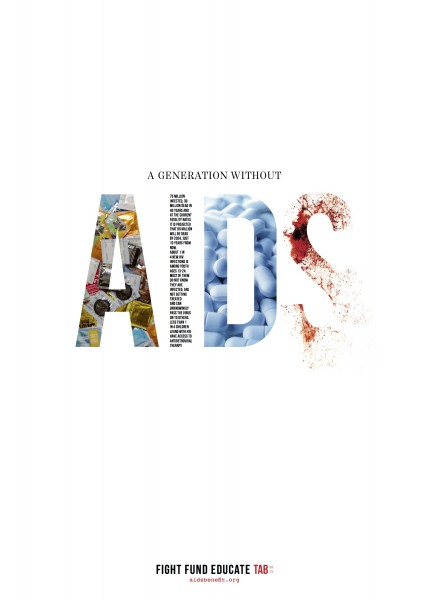
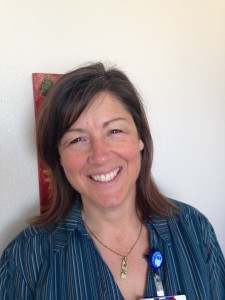
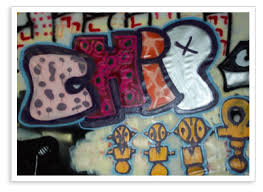


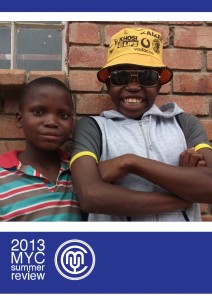

Sorry, the comment form is closed at this time.